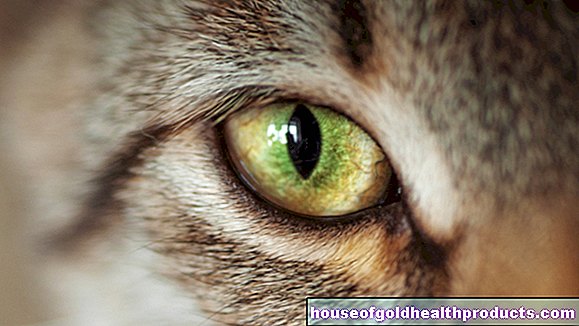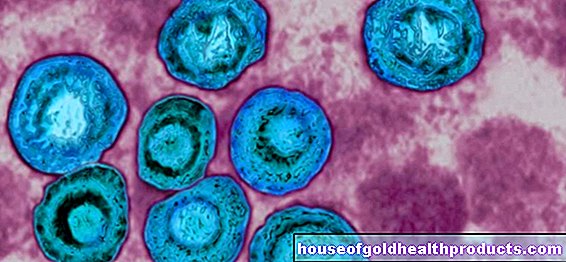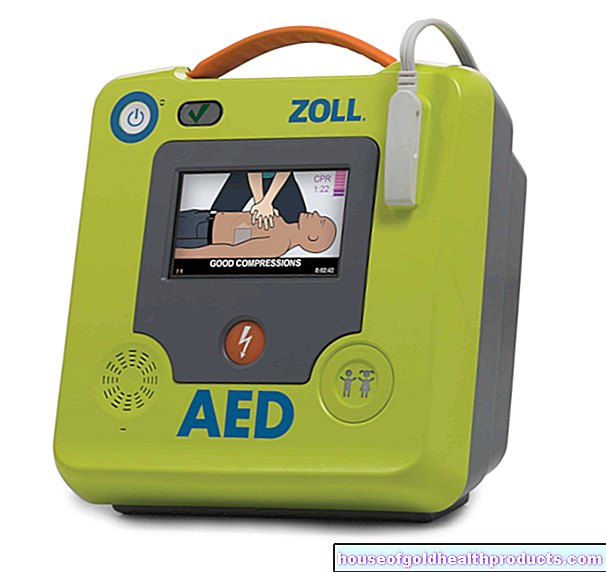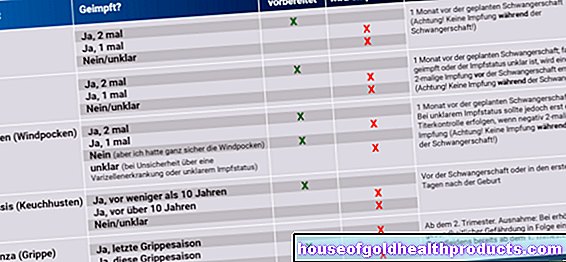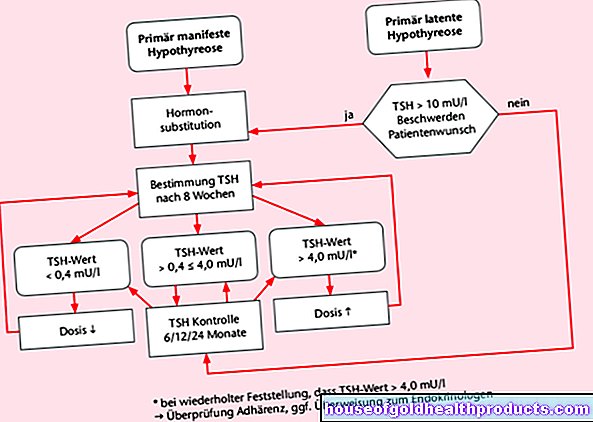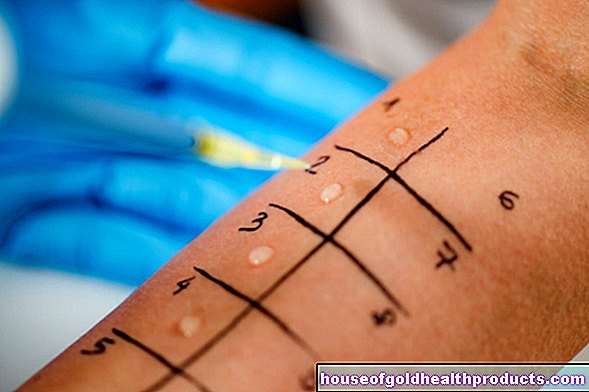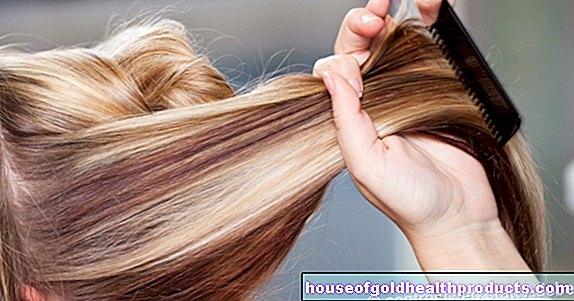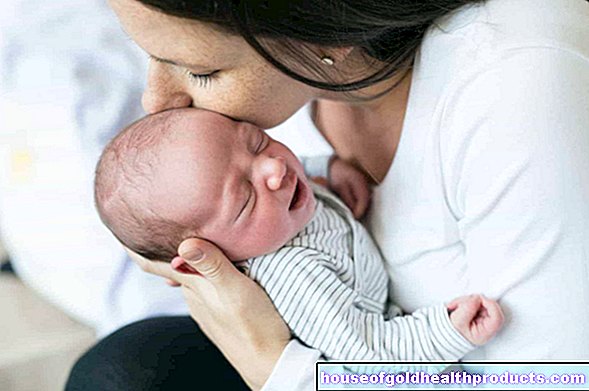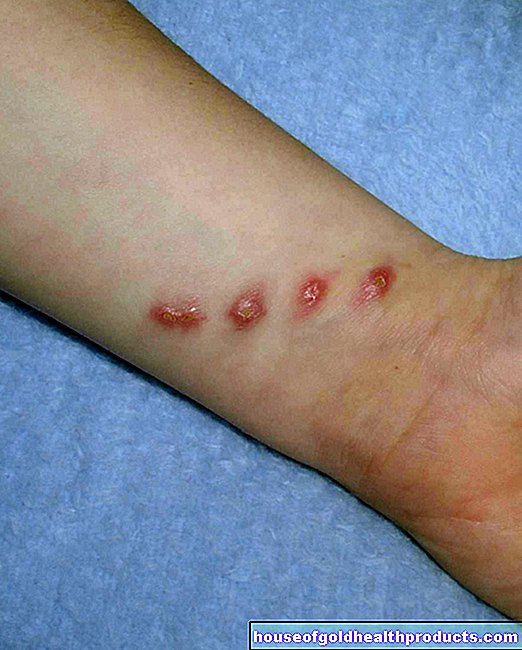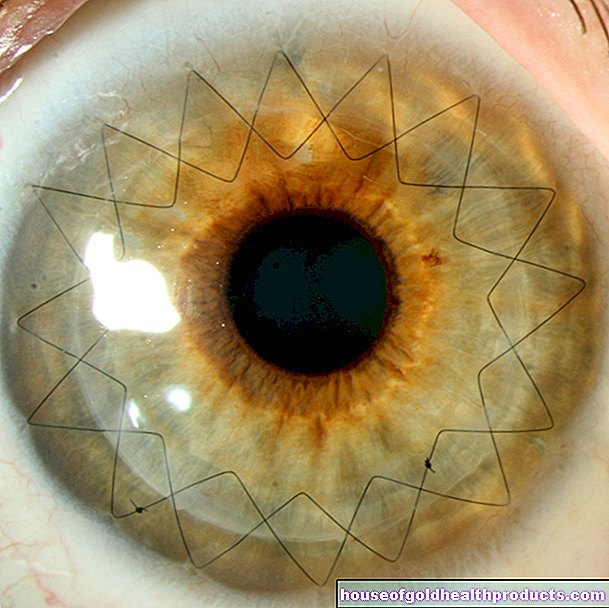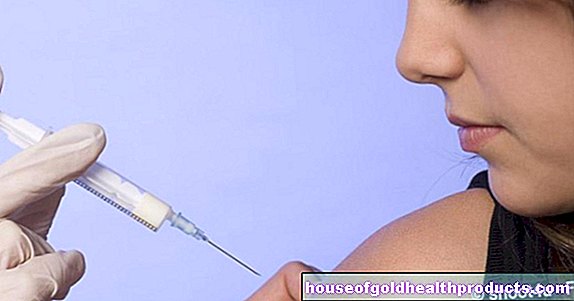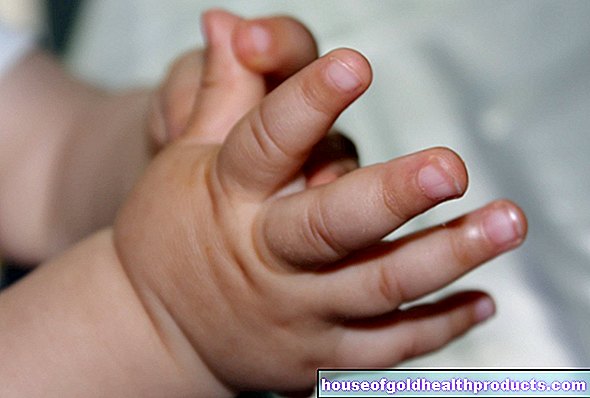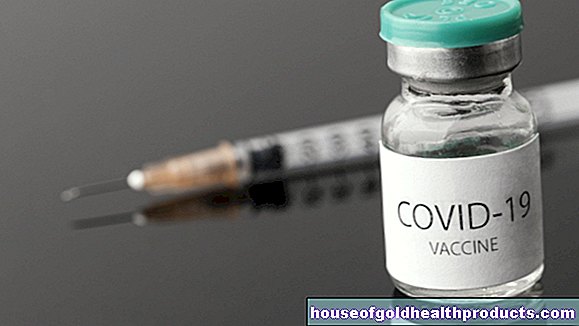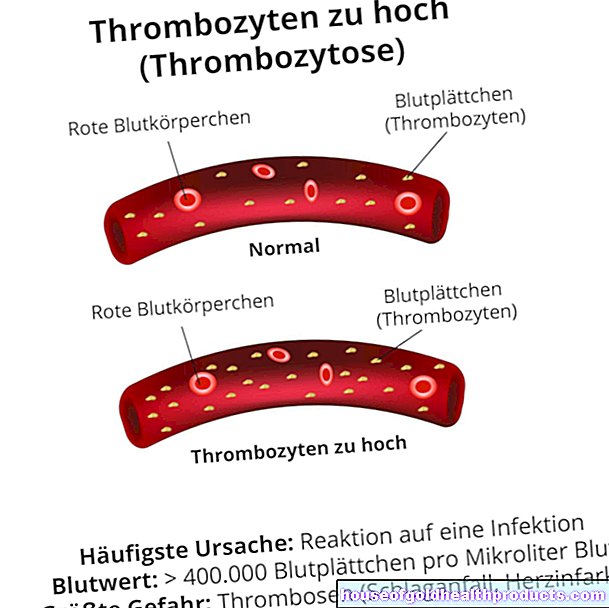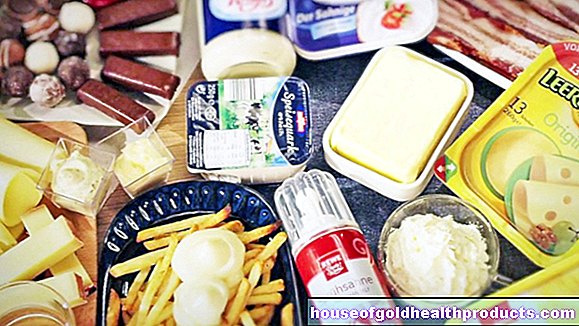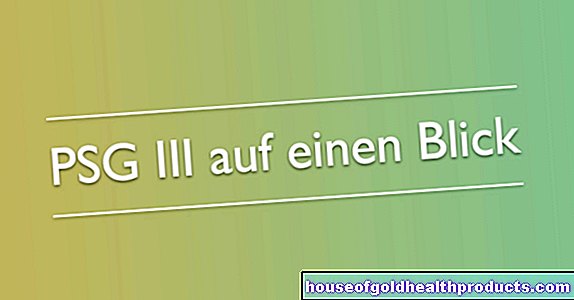Allergy protection: peanut butter for babies
Christiane Fux studied journalism and psychology in Hamburg. The experienced medical editor has been writing magazine articles, news and factual texts on all conceivable health topics since 2001. In addition to her work for, Christiane Fux is also active in prose. Her first crime novel was published in 2012, and she also writes, designs and publishes her own crime plays.
More posts by Christiane Fux All content is checked by medical journalists.Exclusively breastfeeding your child for the first few months protects them from allergies. But certain complementary foods could also have a positive effect. Children who are used to eggs or peanuts at an early age appear to be less likely to have an allergic reaction to them later. The right time is crucial.
When and when children should receive other foods in addition to breast milk or bottle-fed food, and which ones, is controversial. Researchers at Imperial College London have now found clear arguments for at least two foods: eggs and peanuts.
70 percent fewer peanut allergies
To do this, they evaluated the data of more than 200,000 children in an overview study, which had been determined in 146 individual studies. Robert Boyle's team found that children who had been egg-fed between the ages of four and six months were 40 percent less likely to have a corresponding allergy.
In the case of peanuts, the effect was even greater: it fell by as much as 70 percent with a correspondingly early contact. With other foods such as milk, fish and flour, however, the researchers could not find a corresponding connection - here, early contact did not clearly affect the allergy risk.
Different explosiveness
A peanut allergy is particularly treacherous, as the reactions can comparatively often be life-threatening - even if only traces of peanuts are ingested. For example, the airways swell up, and those affected can only breathe poorly or no more air. The dangerous thing is that traces of peanuts can sometimes be found in foods in which they are not part of the actual ingredients.
An allergy to eggs, on the other hand, is usually less dangerous. The problem with this, however, is that eggs are used in many foods. Egg can be found in baked goods, but also in margarine, mayonnaise, noodles, sauces, soups, desserts and ice cream, to name just a few examples. A diet entirely without eggs is therefore time-consuming. Some vaccines are also based on the development of the pathogens in eggs - people who are allergic to eggs therefore need special vaccine doses that are free from eggs.
Consultation with the doctor
However, caution is advised with infants who already show another allergy or signs of neurodermatitis. In such cases, parents should speak to the doctor first before feeding their children the allergy-potent foods, the researchers recommend.
And there is one more thing that parents should pay attention to: As a matter of principle, they should not give the tiny ones whole peanuts - the risk of them getting into the respiratory tract is too great. Instead, you could switch to peanut butter.
Food allergies - rare but not without danger
Life allergies are more common in children than in adults. Up to seven percent of children in Germany suffer from it. As with other forms of allergy, the numbers continue to rise here too. Experts are still speculating about why this is so.
Typical allergic reactions to food are rashes, redness, hives and itching all over the body. Headaches, hoarseness and restlessness can also occur. If the course is severe, shortness of breath and dizziness occur. In extreme cases, the patient suffers an anaphylactic shock with acute danger to life: breathing and circulation stop and the person concerned loses consciousness.
Source: Despo Ierodiakonou et al .: Timing of Allergenic Food Introduction to the Infant Diet and Risk of Allergic or Autoimmune Disease A Systematic Review and Meta-analysis. JAMA, 2016 DOI: 10.1001 / jama.2016.12623
Tags: elderly care teenager drugs